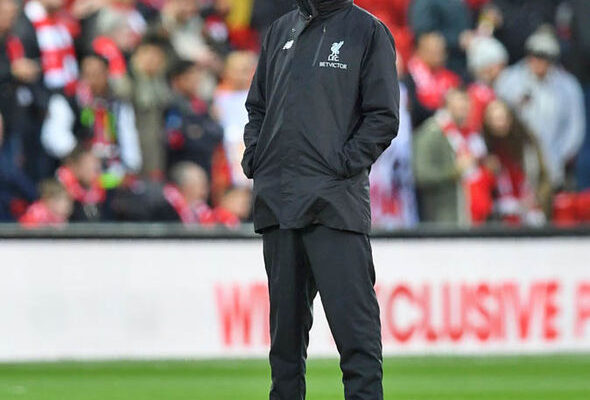The allure of leading a nation onto football`s grandest stages – the World Cup, the Euros, the Copa América – is undeniable. It`s a dream that many of the sport`s finest tactical minds, having conquered the club circuit, eventually chase. Yet, as former Liverpool maestro Jurgen Klopp, now immersed in a different facet of global football at Red Bull, incisively points out, the transition from club dugout to national team touchline isn`t merely a change of scenery; it`s a fundamental shift in the very fabric of the job.
The Club-to-Country Conundrum: A Question of Time
Klopp, never one to mince words, recently shed light on the stark contrasts, suggesting that even the most decorated club managers face an entirely different beast when donning national colours. While names like Mauricio Pochettino, Carlo Ancelotti, Thomas Tuchel, and Julian Nagelsmann are set to grace the sidelines of upcoming international tournaments, their club-honed reputations may, ironically, be their greatest challenge.
The core of the issue, according to Klopp, lies in time. A club manager enjoys weeks, months, an entire season to meticulously craft a tactical identity, instill complex systems, and develop chemistry. They see their players daily, monitor their fitness, and have the luxury of iterative improvements. A national team coach? Not so much. Their players are dispersed across continents, reuniting for fleeting windows – a few days here, a couple of weeks there, primarily during international breaks and pre-tournament camps.
“To invent things, to change things, you need time,” Klopp observed, underscoring that innovative tactical evolution is a luxury rarely afforded in the international arena. It’s more about adaptation and maximizing existing qualities than pioneering new ones.
The Pressure Cooker: Win at All Costs
Beyond the logistical hurdles, there`s the psychological weight. Klopp, with a characteristic blend of pragmatism and dry wit, highlights the singular metric by which national team coaches are judged: winning major tournaments. Forget the flowing football, the intricate passing patterns, or the philosophical purity of the game; if the trophy cabinet remains bare, history tends to forget the journey.
“Did you ever hear 10 years after the World Cup that someone said, look, they went out in the quarterfinal but I tell you, the football they played was incredible!” Klopp mused, adding with a touch of stark reality, “I don`t think somebody would write that on your gravestone. `Actually, he was not successful but he had great ideas, or she. Fantastic! Super! Your family barely has enough to eat so that`s why we have to deliver [in] this job.`”
This relentless focus on results often necessitates a pragmatic approach, even for teams brimming with world-class talent. The 2018 World Cup-winning French side, under Didier Deschamps, serves as Klopp`s prime example. Despite boasting an embarrassment of attacking riches, they adopted a defensively solid, counter-attacking style that might have seemed alien to their individual club philosophies.
“When France won the World Cup… they played really defensive with the best football players in the world,” Klopp noted, drawing an amusing comparison: “They were defending like – no offense – Burnley, but their counterattacks were deadly!” The image of Antoine Griezmann, renowned for his silky skills, diligently tracking back and marking tirelessly for his country encapsulates this necessary sacrifice of individual flair for collective steel.
The Physical and Mental Toll
Adding another layer of complexity is the physical condition of the players. The “preseason” for a major tournament often coincides with a period when players, fresh off grueling club campaigns, desperately need a true physical break and recovery. Integrating them, bringing them to peak fitness, and forging them into a cohesive unit within such compressed timelines demands a unique managerial skillset – one focused less on long-term development and more on immediate impact and astute man-management.
The introduction of competitions like the UEFA Nations League, while adding competitive fixtures, also layers on “undue pressure” without necessarily providing the time needed for deep tactical work. It creates more high-stakes matches that contribute to the constant evaluation of a coach`s tenure, further emphasizing results over process.
The Unseen Appeal?
Interestingly, Klopp admits he has “no clue” what the enduring appeal of the national team job is, insisting he`s unlikely to take one himself. This candid admission from a man who has scaled the peaks of club football underscores the profound distinction. For many, it`s the ultimate honour, a chance to unify a nation. For Klopp, it appears to be a world of immense constraint and unforgiving judgment, where the beauty of football often bows to the brutal necessity of winning.
In the unforgiving arena of international football, a coach’s legacy is etched not in tactical ingenuity or stylistic brilliance, but in the cold, hard currency of silverware. It`s a game where the masterminds of club football must learn to play a different, more constrained, and ultimately, more brutal game.









